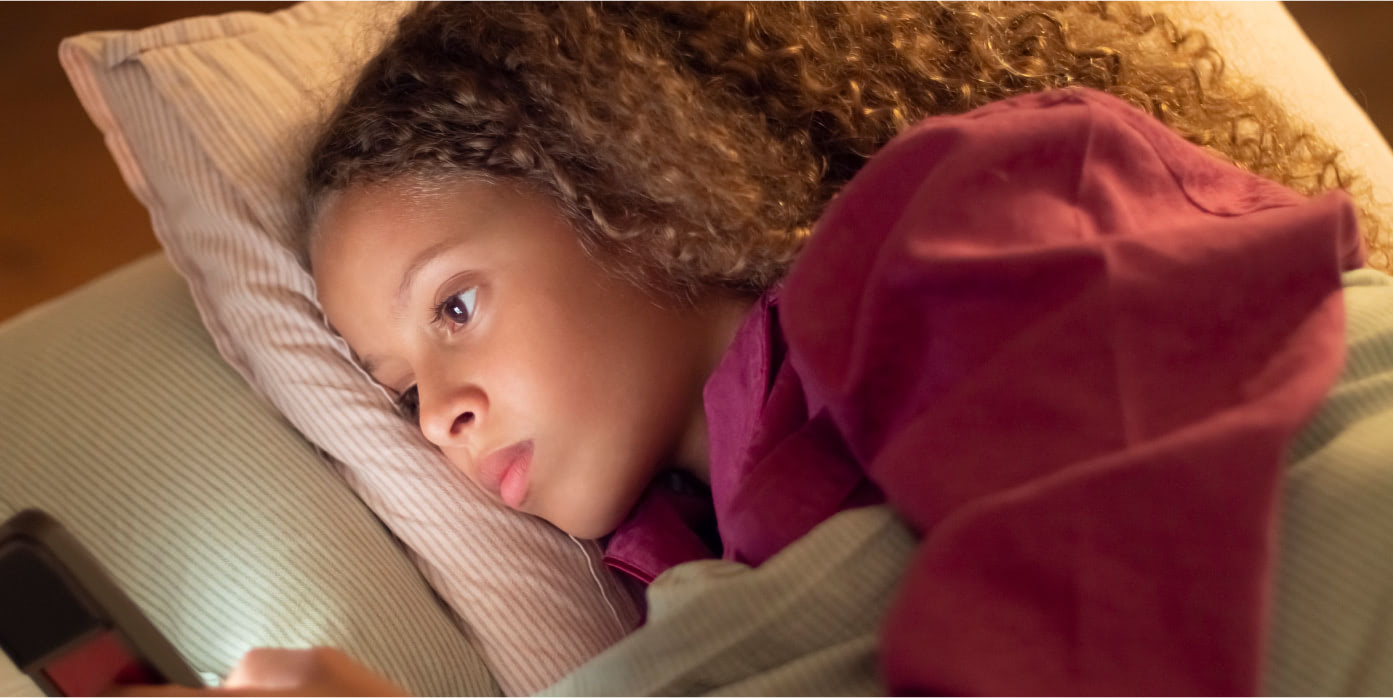
The following is excerpted from an online article posted by Medical Xpress.
New research from the University of Liverpool suggests that the way young people spend their free time may play a crucial role in supporting their well-being and social development.
Adolescence is often described as a formative stage of life—when identities are shaped, friendships forged, and mental health challenges first begin to emerge. The new study, based on data from the Millennium Cohort Study, and published in the Journal of Leisure Research, analyzed the development of thousands of children across the U.K. since birth.
Focusing on more than 12,000 adolescents, researchers examined the links between leisure activities at age 14—such as music, reading, youth clubs, attending religious service, or visiting museums—and outcomes at age 17, including mental health and prosocial behavior (helping and supporting others).
Unlike previous studies on this topic—which have only analyzed single points in time and tended to emphasize negative outcomes like aggression—this study analyzed data at age 14 and 17 and considered both mental health challenges and positive behaviors. It also placed particular emphasis on self-esteem as a possible bridge between leisure participation and later outcomes.
Source: Medical Xpress
https://medicalxpress.com/news/2025-09-leisure-boost-esteem-teens.html

 Social Media Eligibility Rewires Teen Sleep Patterns
Social Media Eligibility Rewires Teen Sleep Patterns  What’s Hot? 09/26/25
What’s Hot? 09/26/25  Study Reveals Which Parenting Style Can Reduce a Child’s Social Anxiety
Study Reveals Which Parenting Style Can Reduce a Child’s Social Anxiety